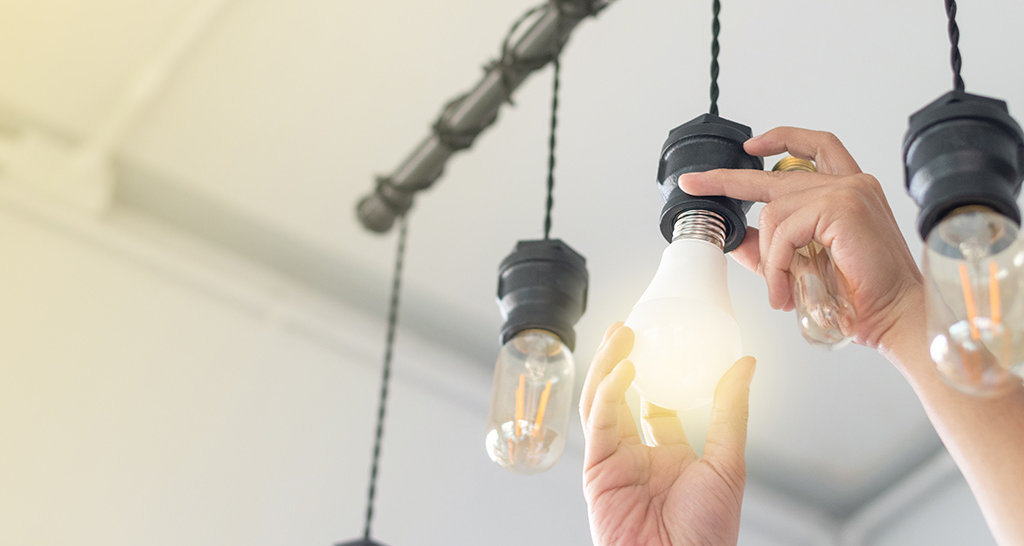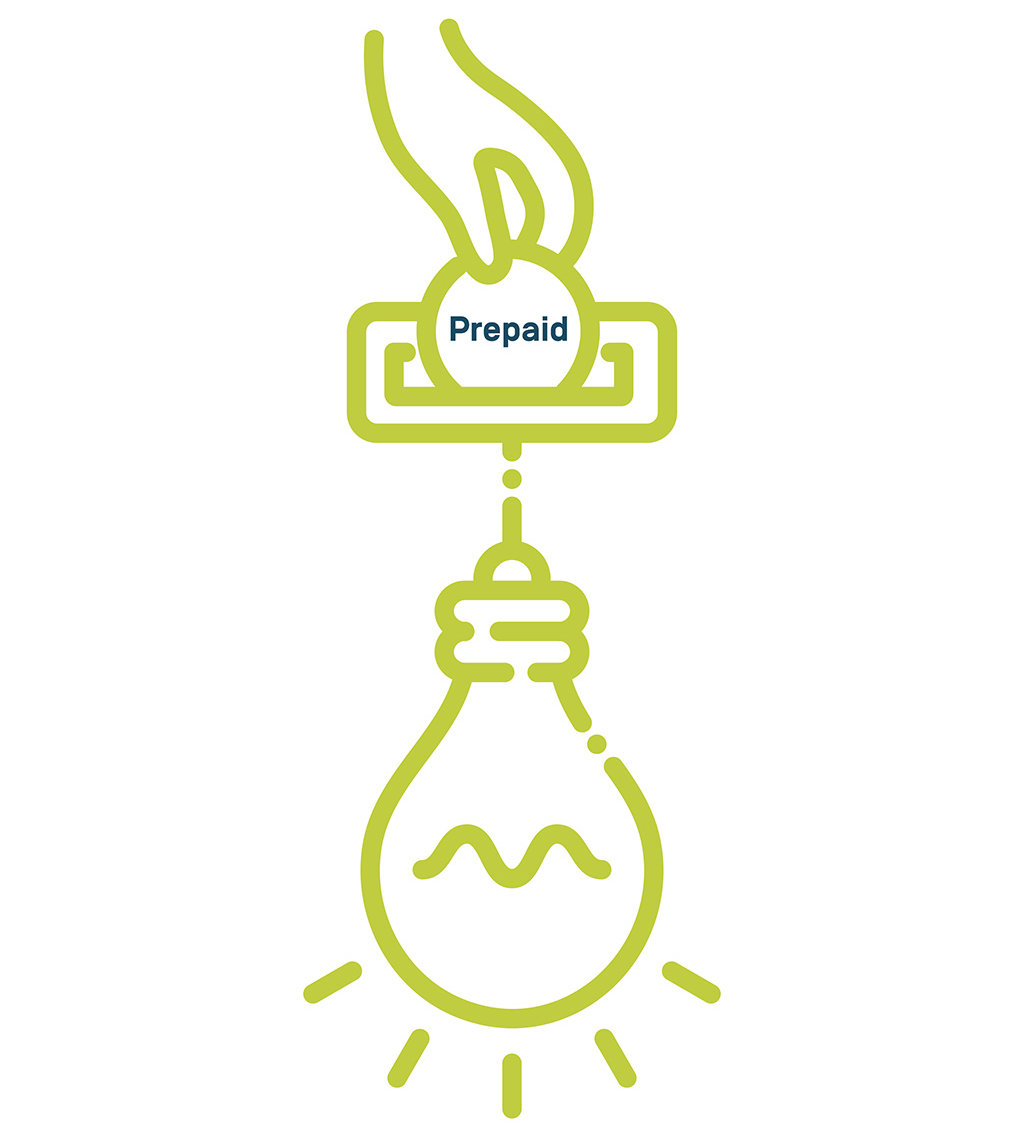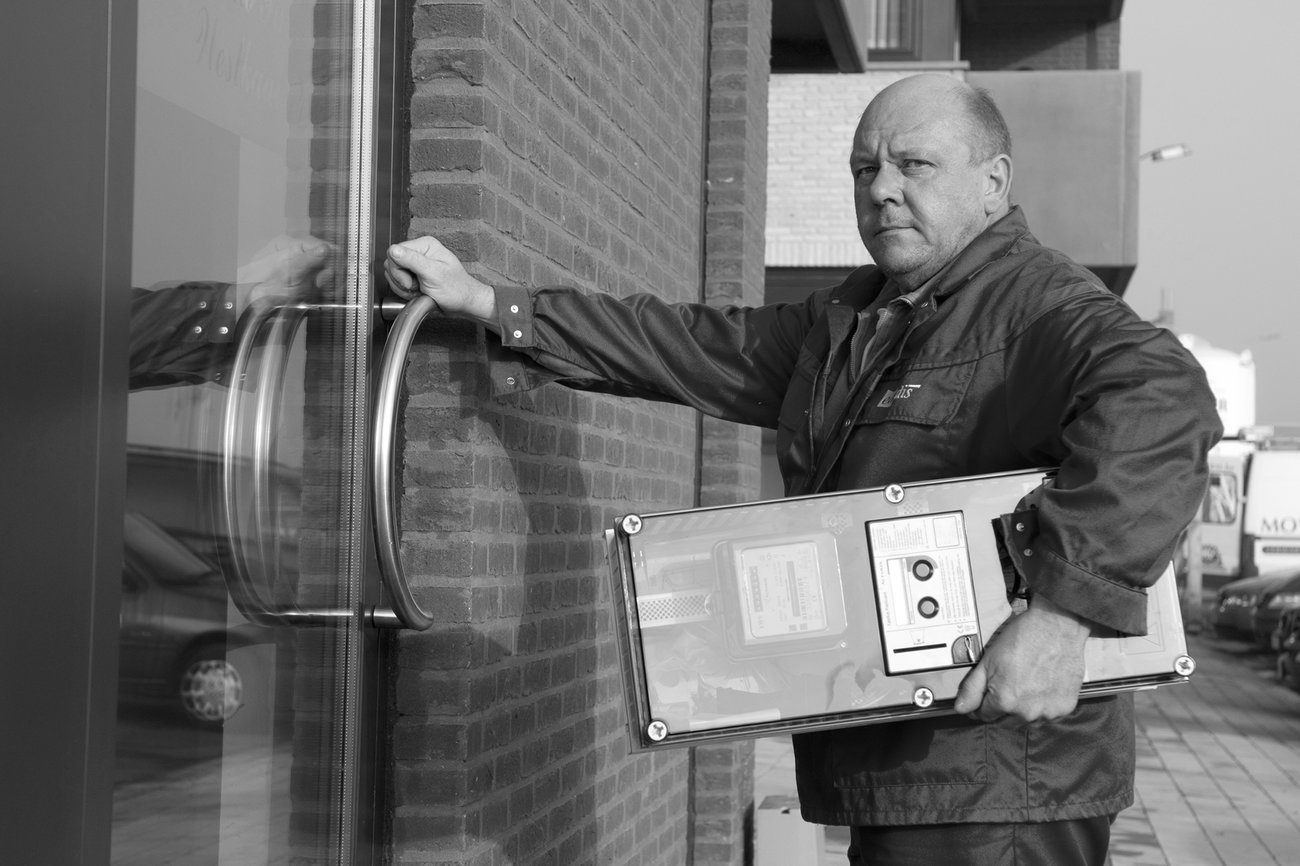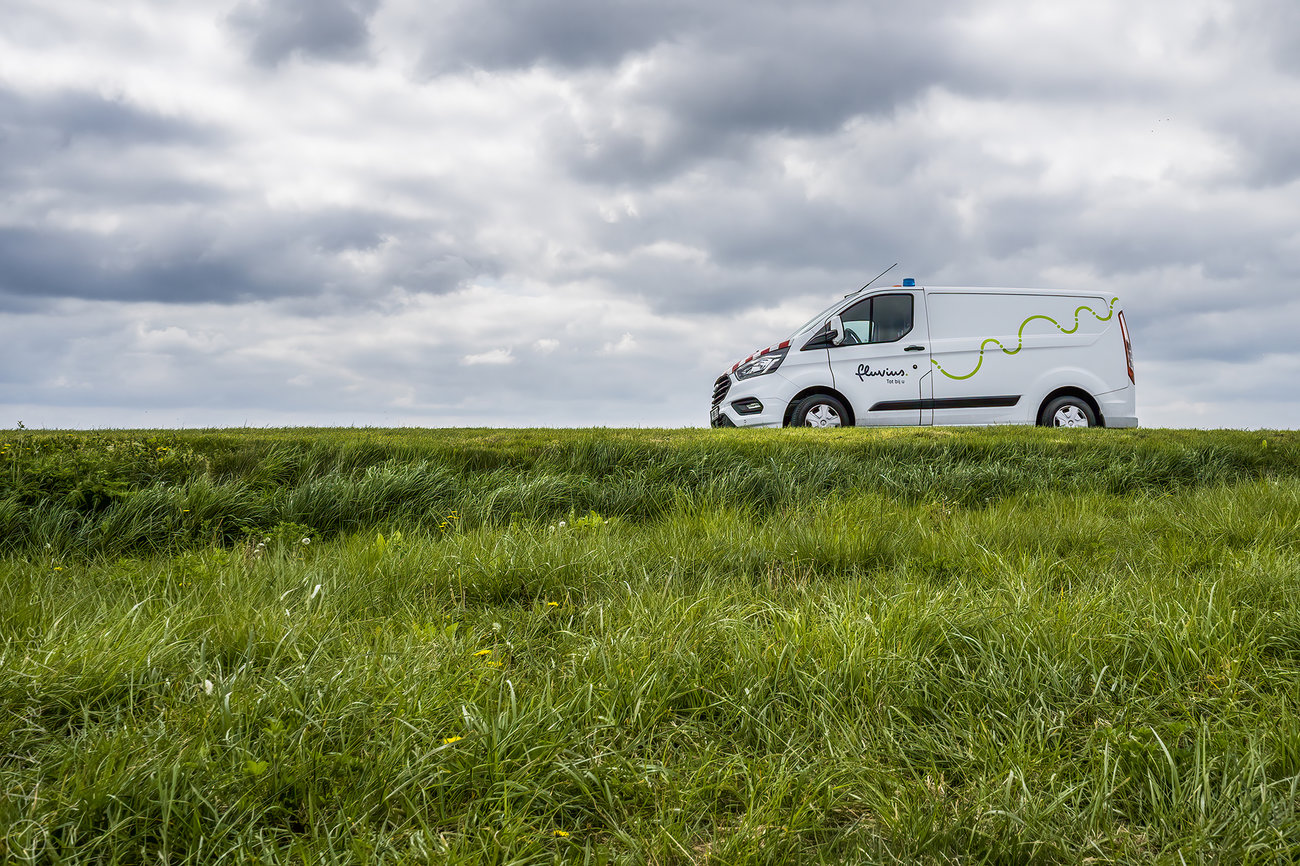
Fighting energy poverty
Those who no longer get an energy contract from their commercial supplier due to payment difficulties can contact us directly. With a broad service of follow-up and counselling, as a social energy supplier we try to ensure that these customers become and stay debt-free. The aim is for them to eventually make the switch back to a commercial supplier.
But we go even further and take action to reduce energy poverty. From our expertise, we can contribute, together with a wide range of partners. Among vulnerable target groups, we also focus on energy efficiency by encouraging energy-conscious behaviour and energy-saving investments.

Energy scans among underprivileged families
In 2022, we carried out 22,873 energy scans, giving vulnerable households concrete tips on how to reduce their energy bills. At the same time, we made some small, energy-saving interventions: LED lamps, economy shower head, draught strips, ...
In 2022, this customer group used 146,058 discount vouchers worth EUR 150, 200 or 250 to buy an energy-efficient fridge, freezer, washing machine or tumble dryer.
Fluvius Prepaid
As a social supplier, we helped some 132,000 customers in 2022 who are struggling financially and can no longer turn to their commercial supplier. We supply energy until they have signed a new energy contract with another supplier. We also offer them insight into their consumption and prevent their debts from rising further.
With the introduction of Prepaid in early 2021, we only contacted customers to install a digital meter if they did not pay the energy bill with us either. Since 1 July 2022, for electricity, we are allowed to activate Prepaid immediately as soon as the customer comes to us. With this new regulation, we prevent those who are already struggling financially from getting into even more debt. By the end of 2022, we counted almost 81,000 active Prepaid meters.

Goodbye to the budget meter
At the end of 2022, we also said goodbye to the traditional budget meter with its accompanying recharge card: the end of an era. On 9 January 2022 - after almost 20 years - the plug was pulled. The story of the budget meter began shortly after the liberalisation of the energy market in 2002. Network operators were given an additional role in that liberalised market: that of social supplier. Not much later, the first budget meters were installed: in 2004 for electricity, followed five years later by the budget meter for natural gas.
About ten years ago, the first self-service devices appeared. At such a device, you could use your bank card to do the recharge yourself, without the help of a customer office employee. This allowed customers to recharge their budget meter card 24/7.
Already since 1 July 2019, we no longer install traditional budget meters. Customers who come to us as a social supplier have since been given a digital meter with the Prepaid function. The main advantage of this method is that the customer can do everything from home. There is also no longer any visual distinction from a 'regular' digital meter, so that the risk of stigma disappears.


Fluvius emergency supplier for gas customers AECO/Energie2030
As a result of the global energy crisis, energy supplier AECO/Energie2030 was denied access to the Flemish gas distribution network on 18 March 2022. This step was taken because AECO/Energie2030 could no longer fulfil its contractual obligations to the Flemish gas market. Fluvius became a temporary 'emergency supplier' to this energy supplier's 200 gas customers, who in the meantime were looking for a new commercial supplier.
Anti-fraud
In 2022, we published our 2021 fraud report.
- In 2021, we recovered EUR 11,731,970 worth of minimum support. Moreover, as a result, we avoided future disbursements worth an estimated EUR 16,300,000. We charged a total fraud cost of EUR 56,946.
- Based on analysis of the EPB database with our installation data, we identified 277 files where the solar panel installations were most likely in breach of EPB regulations. In 2021, we initiated the treatment of 30 files and 8 official reports were made.
- In the context of late or unregistered PV installations, we identified and dealt with 1,232 files, with a claim of EUR 467,945 in overdue prosumer fees. In doing so, we charged a fraud cost totalling EUR 50,844. Around 70% of these claims were also settled in 2021.
- In 2021, the Energy Inspectorate conducted 47 premium checks. In 26 cases, the inspectorate effectively detected fraud. This number is stable compared to the previous year. In these, a premium amount of EUR 362,530 was checked. These checks resulted in an avoided cost of EUR 61,307.
- In 2021, 221 meter fraud files were closed for a total estimated amount of EUR 4.8 million. EUR 1.3 million was effectively recovered. In 2021, we experienced an increase of 78% compared to the previous year. This amount, which is exceptionally high mainly due to one large case, is a composite of court cases on cannabis plantations and meter fraud.
